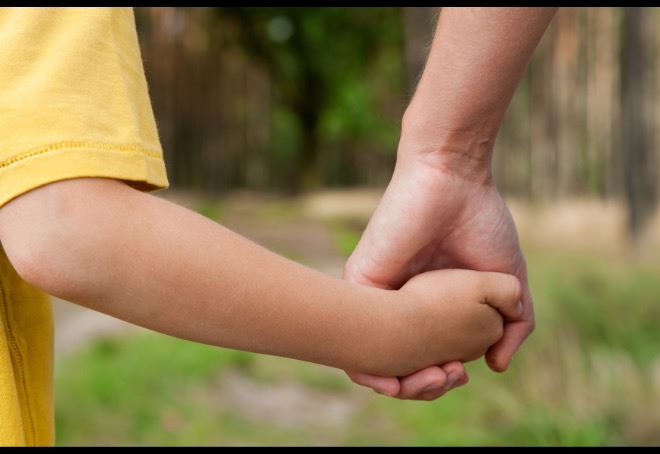
 Released On 09 September 2019
Released On 09 September 2019
Michael's blog: “Are you going to have a second?”
It’s a balmy summer evening and I’m lying on my acupuncturist’s couch in leafy suburban London. I’ve got needles stuck in me and tears running down my face. We’ve just had another failed IVF cycle and I’m starting to take it in. My mind turns to the question that so many people ask once you’ve had one child: “Are you going to have a second?”
It seems that some people view life as a checklist. Buy a home, get married, have kids. Tick, tick, tick.
I noticed the questions and comments started to come years earlier, after we got married and moved from a flat to a house. “So, time to start a family then?” or when a friend was pregnant “you two will be next!” or had a baby “does it make you broody?”
Eventually, as the years passed with no sign of a baby, those with greater self-awareness started to rein in the questions and comments. Others, particularly extended family members, started to pigeon-hole us as the “career couple” “still living in London” who clearly didn’t want children as we liked good restaurants and nice holidays.
When we finally had our first child, through IVF, we were welcomed into the “club”, some almost seemingly to take comfort in the fact that we’d “decided” to have children after all. I wondered if in part it was because we were no longer a reminder of their care-free lives before children.
In many cases the tactfulness that some had shown then evaporated. The question became “so are you going to have a second?”
One of our friends said that she found it was only after having two children that the questions stopped. Friends and family were finally satisfied that she’d done what she was expected to do. She’d completed her “duties”. Goodness knows what the pressure must be like if you’re married to the future monarch and expected to produce an heir.
The reality is that many people can’t schedule the birth of children like their Ocado delivery.
With declining fertility rates (male fertility has fallen dramatically since the Second World War) and people having children later in life, more and more couples need professional medical help to have children. But a bit like miscarriages, it's something that is rarely talked about.
Several years on from that summer evening on the acupuncturist's couch and after more rounds of treatment and more tears, we are now proud parents of two happy and healthy "miracle" children.
What did I learn from the gruelling roller-coaster ride that we went on for many years?
- There is a postcode lottery when it comes to IVF on the NHS and the rules vary so much. In practice, provision is patchy and often not available or extremely limited.
- When you’ve gotten used to being able to achieve things if you work hard for them, it’s very difficult to accept that there is a major aspect of your life that you can’t control.
- Taking control of the small things (like the acupuncture) that may improve the odds of treatment working helps. As does counselling. We were fortunate that our IVF clinic provided unlimited counselling at no extra cost.
- One upside of having reasonably well paid jobs and living in London is that you have some money to go private and you have access to the UK’s best clinics.
- Losing all your disposable income for many years is good preparation for having kids.
- It’s hard feeling like you’re leading a double life when you're going through treatment or preparing for it. We both turned down lots of social engagements particularly when they involved alcohol. We found it difficult to make plans to meet friends and go on holiday as we didn't know how our treatment would go.
- Going through such a tough time together can you bring you closer as a couple.
- Going without alcohol for months gave me an insight into what countless women do when they’re pregnant!
- People can have a lot more going on in their private lives than they reveal to you at work or socially. Realising this has, I hope, made me more tolerant of others than I was before we started on the roller-coaster.
The more time passes, the more you gradually hear of others who have been through the same painful journey. It now sometimes feel like every other child is an IVF baby. One of our friends, an embryologist, who we met through our child's school, said that given the age profile of parents in the school class, about 1 in 4 of the class was likely to be an IVF baby. Going through treatment can be an intensely lonely experience; the irony is that you are not alone.
Michael and his wife work in London and are the proud parents of two children.





No Comments